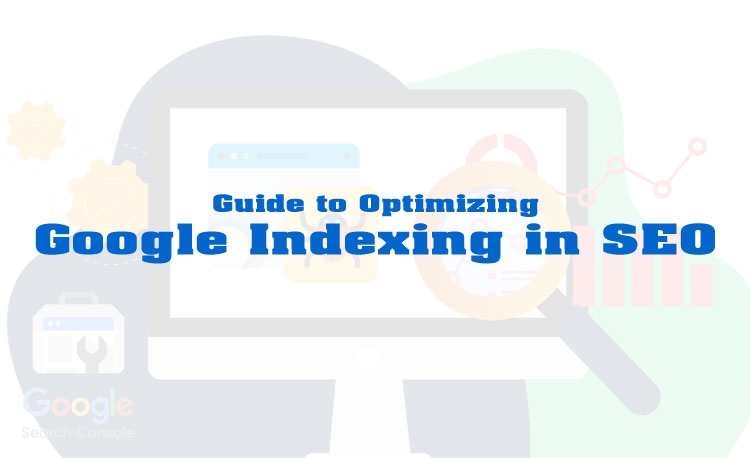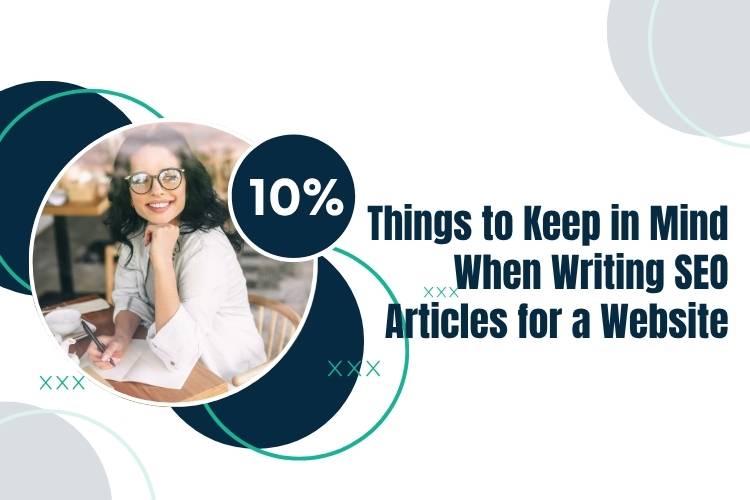Guide to Optimizing Google Indexing in SEO
What is Indexing and Why is it Important?
Indexing is the process by which Google collects, analyzes, and stores web pages in its database, allowing them to appear in search results. This is a crucial step that determines a website’s visibility and ranking potential.
The SEO process can be divided into three main stages:
- Crawling: Google scans website content.
- Indexing: Google stores and evaluates useful content.
- Ranking: Web pages are ranked based on relevance and quality.
However, this process is not straightforward. Google continuously updates its algorithms to optimize search results, so website owners must ensure their content is indexed efficiently and quickly. Viet SEO provides expert guidance to help businesses adapt to algorithm changes and implement indexing strategies that keep their content visible and competitive.
How to Ensure Efficient Website Indexing
To ensure your website is indexed efficiently by Google, you need to implement best practices such as submitting an accurate XML sitemap, optimizing internal linking, fixing crawl errors, and avoiding unnecessary noindex tags or blocked resources. A professional VietSEO agency can audit your site, identify technical issues, and apply proven strategies to accelerate indexing and improve your site’s visibility in search results.
1. Create High-Quality and Unique Content
Google prioritizes valuable content that helps users find useful information. To ensure your pages are not overlooked:
- Identify real value in your content: Make sure it meets user needs.
- Avoid duplicate or copied content: Low-quality content is often ignored by Google.
- Use analytics tools: Google Analytics and Search Console help detect pages with low traffic or high bounce rates.
Note: Don’t rush to delete low-traffic pages! They may still play a role in your overall SEO strategy.
2. Check and Optimize Technical Factors
- Optimize page loading speed: Slow-loading pages may be crawled less frequently.
- Check the robots.txt file: Ensure important pages are not accidentally blocked.
- Manage noindex tags carefully: Apply noindex only to pages that truly don’t need to be indexed.
- Review XML sitemaps: Keep them updated and submit them to Google Search Console.
3. Build a Proper Internal Linking Strategy
Internal links help Google understand your website structure and prioritize important pages.
- Connect related articles to enhance SEO value.
- Avoid excessive use of the nofollow tag on internal links.
4. Submit URLs to Google Search Console
If Google hasn’t indexed your page, you can speed up the process by submitting a request via Google Search Console.
How to do it:
- Go to Google Search Console.
- Paste your URL into the inspection tool.
- Click "Request Indexing" to prompt Google to index the page.
5. Use Instant Indexing Plugin for WordPress
- If you use WordPress, the Rank Math Instant Indexing plugin allows you to send URLs directly to Google, helping content get indexed faster.
- Note: Google primarily recommends this API for news and live content, so use it appropriately.
Managing Old Content to Optimize SEO the Viet SEO Way
Updating and optimizing old content can significantly improve indexing speed, enhance content relevance, and help maintain or even boost your rankings over time. This includes refreshing outdated information, improving keyword usage, fixing broken links, and enhancing internal linking. Viet SEO services specialize in auditing and revitalizing existing content to ensure it aligns with current SEO best practices and continues to drive traffic effectively.
Steps to follow:
- Regular content evaluation: Analyze traffic and bounce rates using Google Analytics.
- Update information: Add fresh data, trends, or recent studies.
- Optimize keywords: Adjust keywords based on current search trends.
- Enhance internal linking: Connect old posts to new ones for better SEO value.
When Should You Delete Low-Quality Pages?
Not all low-traffic pages should be removed!
Identify pages for deletion:
- ❌ Outdated content with no value.
- ❌ Duplicate or low-quality pages.
- ❌ Poorly optimized pages (missing titles, meta descriptions, images, etc.).
Solutions:
- If the page is still valuable ➝ Optimize the content.
- If the page is unnecessary ➝ Delete it and use 301 redirects if needed.
Common Issues That Slow Down Indexing
Several common issues can prevent Google from indexing your website efficiently, including incorrect use of the noindex tag, poorly configured robots.txt files, missing or outdated XML sitemaps, slow page loading speeds, and duplicate or thin content. The Viet SEO team helps identify and resolve these technical barriers to ensure your site is crawlable, indexable, and optimized for better visibility in search results.
Factors that may prevent Google from indexing your page:
- robots.txt blocks important pages from being crawled.
- Incorrect noindex tags applied to pages that need indexing.
- No internal links, making the page an “orphan page.”
- Page is not included in the XML sitemap.
- Misuse of Canonical tags, causing Google to ignore the page.
Fixing these issues:
- Check Google Search Console for indexing errors.
- Remove unnecessary blocking rules from robots.txt.
- Optimize Canonical and noindex tags.
- Improve internal linking to ensure pages are not isolated.
How to Speed Up Indexing and Improve SEO
To speed up indexing and improve your website’s SEO performance, focus on technical optimization such as submitting a clean XML sitemap, fixing crawl errors, enhancing internal linking, and regularly updating content. Eliminating barriers like improper robots.txt rules or unnecessary noindex tags is also essential. A trusted Viet SEO company can guide you through each step, ensuring your site is well-structured, search engine-friendly, and positioned for long-term growth.
- Create high-quality, unique, and valuable content.
- Optimize technical SEO factors: robots.txt, page speed, noindex, Canonical tags.
- Use XML sitemaps and Google Search Console to manage indexing.
- Implement a solid internal linking strategy to help Google understand your website structure.
- Monitor and update old content to maintain rankings.
- Use Rank Math or other instant indexing tools for WordPress.
By applying the above strategies, you can help your website get indexed faster, improve its SEO rankings, and attract more traffic, while effectively addressing the reasons why Google doesn't index your site.



